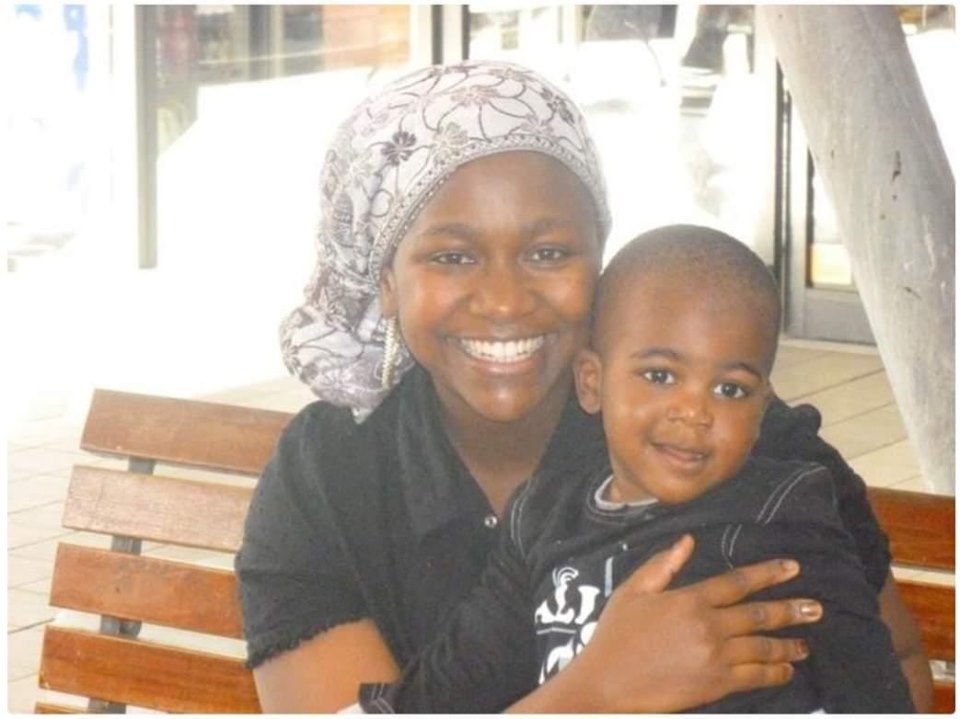Former KTN TV anchor Esther Arunga who pleaded guilty to being an accessory to the murder of her son in 2014 has been sentenced to 10-month jail term but was immediately freed on parole by an Australian court.
Appearing before Justice Martin Burn on Thursday morning, Ms Arunga was charged with misleading the police after her three-year-old son Sinclair Timberlake died as a result of blunt force trauma to his abdomen.
She revealed that she lied to the police to protect her husband Quincy Timberlake from getting punished.
Ms Arunga then changed the version of her story and implicated her husband on the death of their son.
The husband was charged with the murder of their son, Sinclair.
According to reports, on the fateful night of June 17, 2014, Ms Arunga told the police that she went into the bathroom and found her husband Quincy hitting baby Sinclair in the stomach then threw him against the wall.
{ Read: Esther Arunga admits lying to Australian police about son’s murder }
She explained that her husband told her there’s a devil in Sinclair’s stomach and he needed to get it out.
During the sentencing, Justice Burn, quoted by the Australian Associated Press said that he was sympathetic to her situation when she spoke to the police investigating her son’s death.
“You must be taken to have been in shock at the death of your son, at the times when you were interviewed… and further to be grieving at your loss,” he said.
He concluded that Ms Arunga’s cultural beliefs played a factor and she had suffered a “great deal” during the five years since.
“You went from being a wife and a mother, who was at that time nursing a six-month-old baby, and who was otherwise trying to establish your young family in a new country, to losing your son, husband and daughters,” said Justice Burn.
Parole in Western Australia is granted to prisoners who comply with prison rules and show a commitment to maintaining a positive lifestyle and to becoming a valuable member of the community.
{ See Also: FaceApp exposes users to Russian developers }
“If parole is granted, a parole order will set out the date of release and the specific conditions that have to be met while on parole. A parolee is usually supervised and must comply with certain conditions to protect the community and to allow the Board to monitor the parolee’s circumstances and behaviour,” reads Australia’s gotocourt.com.au.













Leave a comment